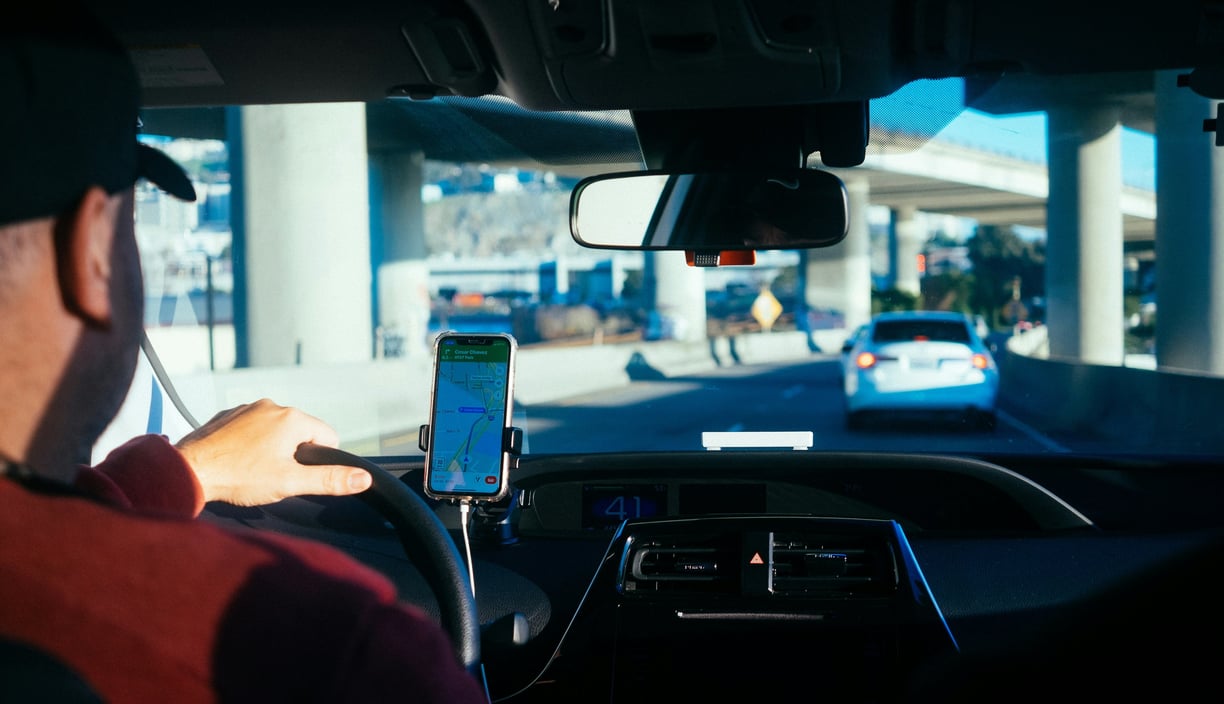Exploring SR-22 Insurance for Uber and Lyft Drivers: Important Considerations
In the rapidly evolving landscape of rideshare services, Uber and Lyft have become integral parts of our daily lives. However, as convenient as these platforms may be, they also come with specific insurance requirements for drivers. One crucial aspect that often catches drivers off guard is the need for SR-22 insurance. In this blog post, we will explore what SR-22 insurance is, why it is essential for Uber and Lyft drivers, and the important considerations to keep in mind.


Understanding SR-22 Insurance:
SR-22 is not actually an insurance policy but rather a certificate of financial responsibility that proves a driver has the minimum required insurance coverage mandated by the state. It is typically required for individuals who have been involved in serious traffic offenses or violations such as DUIs, reckless driving, or driving without insurance. For Uber and Lyft drivers, obtaining an SR-22 certificate may be necessary due to their profession or past driving record.
Why is SR-22 Insurance Important for Uber and Lyft Drivers?
Both Uber and Lyft have stringent insurance requirements for their drivers. While the rideshare companies provide insurance coverage during specific periods, there are gaps that need to be filled by the driver's personal insurance. SR-22 insurance becomes crucial because it ensures that drivers have the necessary coverage, especially if they have a history of traffic offenses.
Important Considerations for Uber and Lyft Drivers:
1. State Requirements:
Each state has its own regulations regarding SR-22 insurance. It's crucial for Uber and Lyft drivers to understand and comply with the specific requirements in the state where they operate. Failure to meet these requirements can result in penalties or even the suspension of driving privileges.
2. Cost Considerations:
Acquiring SR-22 insurance often comes with higher premiums due to the increased risk associated with the driver's history. It's essential for drivers to budget accordingly and explore different insurance providers to find the most competitive rates.
3. Continuous Coverage:
SR-22 insurance is typically required for a specific period, depending on the nature of the offense. It's imperative for drivers to maintain continuous coverage throughout this period. Any lapse in coverage could lead to severe consequences, including the extension of the SR-22 requirement.
4. Rideshare Endorsements:
Uber and Lyft drivers should check with their insurance providers to ensure that their policies include rideshare endorsements. This ensures that drivers are covered during all phases of their rideshare activities, from waiting for a ride request to transporting passengers.
5. Communication with Rideshare Companies:
Uber and Lyft may have specific requirements regarding SR-22 filings. It's important for drivers to communicate with the rideshare companies and inform them about their compliance with SR-22 regulations.
Navigating the complexities of SR-22 insurance can be challenging for Uber and Lyft drivers, but it is a necessary aspect of maintaining a driving career within the rideshare industry. By understanding state requirements, managing costs, ensuring continuous coverage, obtaining rideshare endorsements, and communicating effectively with rideshare companies, drivers can successfully meet the obligations of SR-22 insurance and continue providing safe and reliable transportation services.
